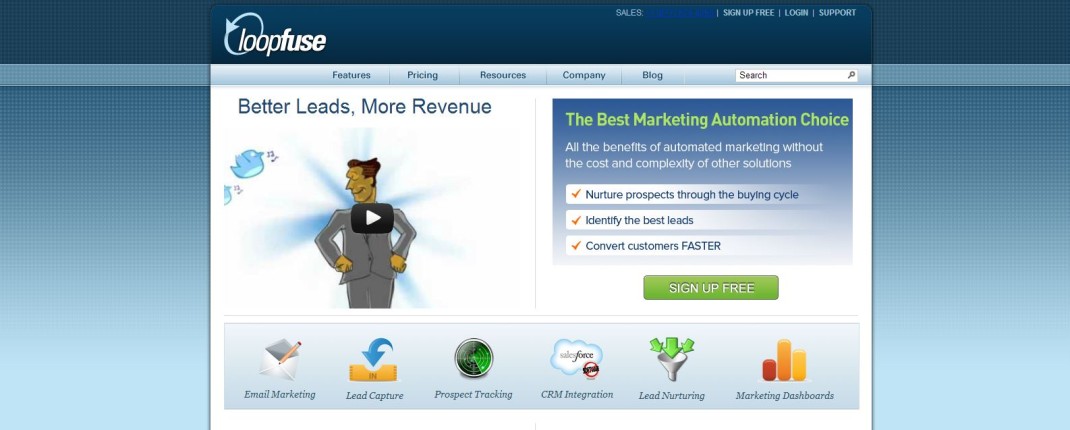In my last blog, I discussed how mHealth companies need to rethink the way they integrate marketing, information and technology. One way would be to develop a hybrid position called a chief marketing technologist. Some technology brands already have people in this type of position, although they may use different titles. But the idea is the same; the person would be technologically savvy, know his or her way around social media and its development and measurement, have knowledge of traditional, new and emerging marketing techniques and understand data collection, compilation and analysis to increase interactions with target audiences and generate leads and ultimately sales.
A chief marketing technologist today would face a vast amount of data availability (Big Data and Business Intelligence) that seems to be increasing exponentially, it seems, by the hour. New metrics, new platforms, new information aggregators, news feeds, social media management systems, and new ways of filtering, finding, collecting, measuring and responding to the data makes this job even more demanding.
As an mHealth marketing firm, we have explored much of the available software and platforms already, and can offer some tips to help ease the information overload mHealth brands face. Here are some things to consider:
1-Automate
There are many automated marketing systems on the market, and new ones appear every time you turn around, so the best thing to do is try a few on for size (some offer a free or trial version). Do you want to automate your Twitter posts, your blog posts, your Facebook posts, view your press release impressions, your email blast opens or examine your overall online marketing efforts? There is a solution for all of that, but you must decide which one works best for you and your brand.
According to Sean Dwyer, president and CEO of LoopFuse, “Marketing Automation continues to gain traction among small- to medium-sized businesses, especially as they seek to engage more potential customers online.”
“Within such a dynamic marketplace,” he added, “cost and complexity are no longer barriers to adoption and allow any company to realize the clear benefits of marketing automation.”
But you still have to be on top of your marketing efforts every day.
2. Hire someone like a chief marketing technologist
If you can, find someone with all of the abilities mentioned above. Having some of your systems automated doesn’t mean much if there is no one to interpret that data for you! You’ll need to know why the statistics are what they are, and what that means, and then what to do about it. This is not a job for an intern. You’ll want someone who can take that data and create meaningful strategies from it.
According to a recent study of high-tech providers by Gartner, 72 percent of those companies already had a chief marketing technologist on staff, and 87 percent expect to have one in place by 2014. While these companies may be ahead of your average company, mHealth brands would be wise to consider these numbers carefully.
3. Be willing to try new technology and adopt new processes
Become more agile in your processes and look into the newest marketing technology before your competitors do and adapt quickly to these new opportunities. This is something marketers have to accept as technological advances outpace the ability to manage them. IBM published a study of chief marketing officers last year and 79 percent of them expect a high to very high level of complexity in marketing over the next five years. But only 48 percent felt they were prepared for that complexity.
Gone are the days of the 5-year structured marketing plans of the past. In today’s market it means marketers will need to develop agile processes that can be created and executed in weeks or days–not years–unlike the nicely laid out colored spreadsheets we’ve become used to. It also means mHealth firms will need to become even more specialized in order to stand out in the crowded mHealth field.
photo credit: Roozbeh Rokni via photopin cc









3 thoughts on “Part 2: The Argument for Hiring a Chief Marketing Technologist for mHealth Brands”